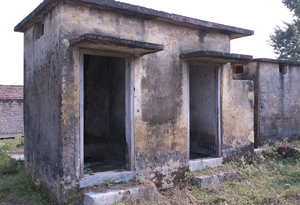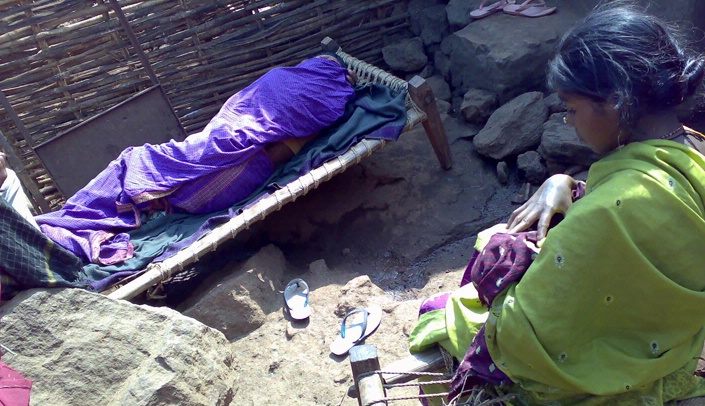Sanitation practices in rural India are directly linked to an elevated risk of adverse pregnancy outcomes in India, a new study shows.
 |
Pinaki Panigrahi, M.D., Ph.D. |
They found that pregnant women who defecate in the open have a significantly greater risk of one of the adverse pregnancy outcomes — preterm birth, low birth weight, spontaneous abortion or stillbirth.
“Results show that sanitation is an important dimension of maternal and child health, but it’s distinct from social class and caste,” said Dr. Panigrahi, professor of epidemiology and director of the Center for Global Health & Development in the College of Public Health. “These findings are against conventional wisdom — if you are poor, you are more likely to have a poor pregnancy outcome, since income is often tied to other poor health results.”
Instead, another contributing factor was education.
“The more educated women used better hygiene practices,” he said. “Educating pregnant women about good sanitation can improve safe hygiene practices and behavior and improve birth outcomes.”
The study was published in the July issue of PLOS Medicine and was funded by the Sanitation and Hygiene Applied Research for Equity (SHARE) Consortium and the United Kingdom’s Department for International Development.
 |
Latrines in India |
Globally, 1.1 billion people still practice open defecation, of which 638 million are in India. Poor sanitation, alongside unsafe drinking water and hygiene, are responsible for a considerable
proportion of the global burden of disease. WASH interventions have been linked to improvements in a number of important health outcomes.
Researchers worked through Dr. Panigrahi’s India network of population-based surveillance cohorts to follow 667 women during their first trimester of pregnancy. They recorded information about toilet access and sanitation practices for each woman until childbirth, observing that nearly two-thirds of the women practiced open defecation, while a quarter experienced an adverse pregnancy outcome. However, after adjustments of many concomitant factors, only preterm births were linked to open defecation.
Dr. Panigrahi is applying for additional grants to study sanitation in India to discern the underlying mechanisms that trigger such outcomes so that appropriate interventions could be developed to support improved birth outcomes in vulnerable populations.
